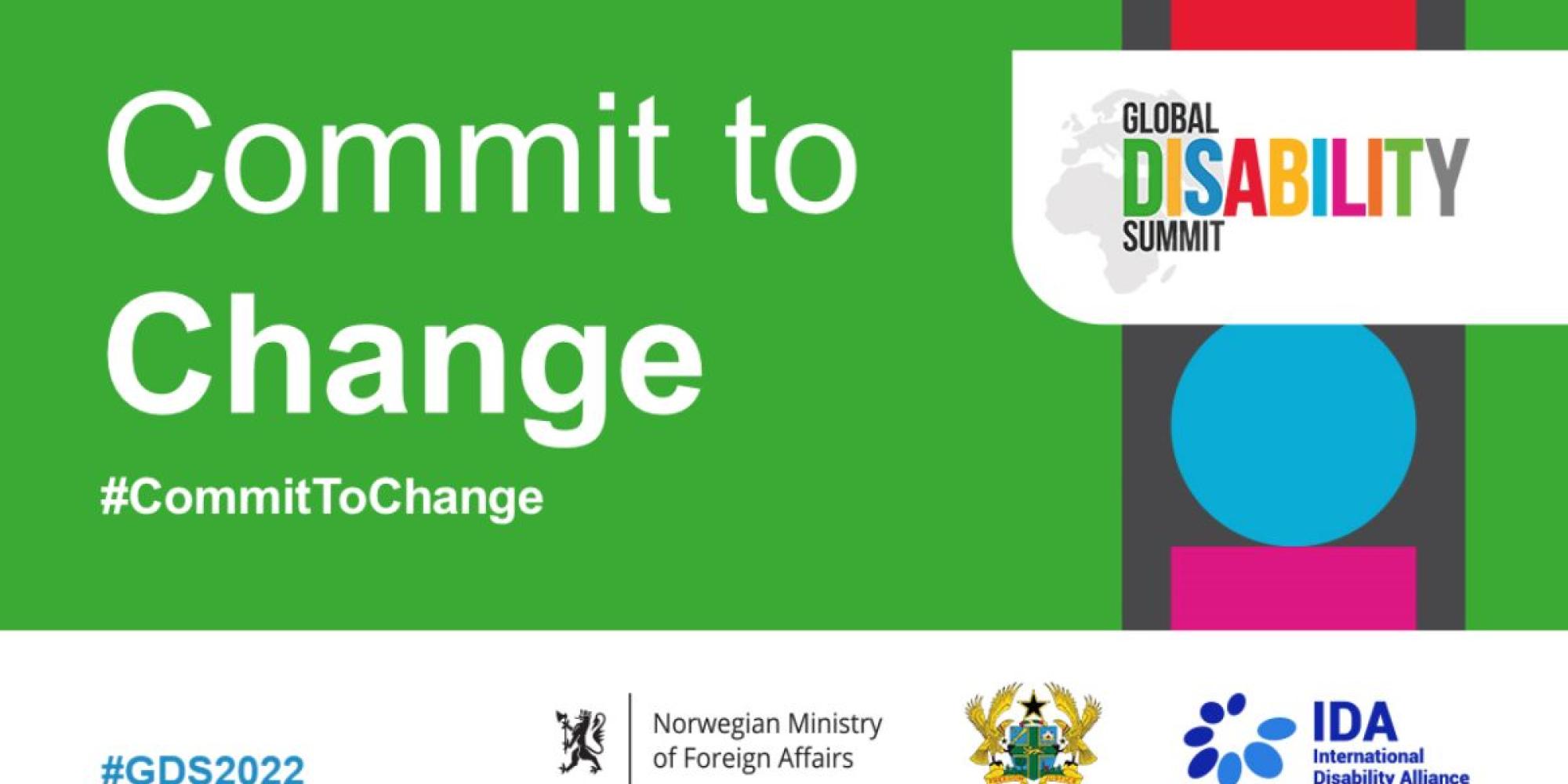
To introduce the Disability Inclusive Helpdesk’s evidence digest on climate change Ellie Cole (Honorary Research Associate, UCL) spoke with Dr Maria Kett (Associate Professor in Humanitarianism and Disability, UCL) and Dr Mary Keogh (Advocacy Director for CBM Global).
The climate crisis is the most pressing issue of the 21st Century, and the most recent IPCC report warns that significant and immediate reductions in carbon emissions are needed to mitigate the worst effects of climate change. People with disabilities are at increased risk of experiencing the worst consequences of climate change as they face additional challenges and barriers accessing adaptation and mitigation initiatives. However, their voices have been largely absent from discourses around climate. The forthcoming COP26 in November is an opportunity for global leaders to come to Glasgow and commit to actions to combat climate change that are inclusive of people with disabilities. The inclusion and voices of disability activists and OPDs are crucial in finding inclusive solutions to the climate crisis.
Ellie: How should people with disabilities be included in climate action?
Maria: The issue now is not just to ensure that people with disabilities are present at COP26, but also making sure that disability issues stay on the agenda. At the COP23 in Bonn in 2017, we presented our research for FCDO on disability and climate resilience at a side event. We need to keep the momentum going and ensure that disability is more than just a side event. I know colleagues in IDA are working to address this.
Mary: Yes, it is important to get the stories out there and get people to understand the impact climate has on people with disabilities. There’s a lot that those of us who work as allies in the disability sector interested to work with the disability movement on this. That’s why the research we did at CBM engaged organisations of people with disabilities (OPDs) in the research activities. It was a was small-scale project which included OPDs and disability activists who were impacted by climate events and who were also engaged in solutions. There is momentum, but there’s still a long way to go in terms of how to bring the change and identify what change that is. It should be led by OPDs, and we should be listening to them and working in partnership to build capacity over the coming years. The recent IPCC report highlights the urgency of this.
Maria: I completely agree about capacity building. The research we did included OPDs, but we also included climate research centres, and this was the first time that some of them had considered disability issues. They were really open to those discussions and recognised that they hadn’t really considered that perspective. But it’s how you keep the conversations going, for me that was the challenge. Part of a piece of research on climate justice for people with disabilities we did for Open Society Foundation was around the role of funders. For example, we have seen that when FCDO ask funded programmes to report on disability disaggregated data, it does change the discourse.
Ellie: What role can funders have in creating disability-inclusive climate action?
Mary: There are a number of discussions happening at the moment and one of the key funders is Global Green Grants, who are funding very grassroots organisations at the intersection of disability and climate. Because a lot of the time we tend to naturally default to silos, so we don’t think of the intersection of disability and climate or the intersection of disability, climate and gender because we’re traditionally thinking of them as separate groupings or separate thematic areas. It’s about how to start making those connections. Donors and funders have a real role to support that. I think we’re sometimes impatient with change, change takes time. It also takes trust and working together in coalitions to make that change happen.
Maria: When talking about how funders can ensure that people with disabilities are included, it’s always a dilemma making disability inclusion a mandatory requirement, but if we don’t say it, it doesn’t happen. There are some big funders out there and if their grants are not inclusive of everybody, inclusive of people with disabilities, then they’re not doing what they set out to do.
Ellie: COP26 will be happening in November, what can States do to improve the inclusion of people with disabilities in climate actions?
Maria: There are legal requirements for countries to include people with disabilities, which should include in their climate action plans. States are reviewing their climate action plans at COP. Very few mention people with disabilities. We know there’s work happening on the ground, we know there’s work happening at the international level, but it always comes back to the same point: what are States actually doing to implement this? Now’s the chance to review the agreements that States have made. If they haven’t put disability in their action plans, they really have to start thinking about this to ensure that everyone affected is included and try to address the impact on all members of communities.
It does feel like COP26 is an opportunity and we need to think about how we can really support OPDs to ensure that what happens at COP is something they can build on. In our research it was very much around the conversations and the capacity building of those networks, not just OPDs around climate change, but also the climate groups about disability. More research on the specific impacts of climate change on people with disabilities is needed. There needs to be more collaboration, peer-to-peer exchanges and building of networks. COP26 is an opportunity to do this, and we need to act now to ensure it does.
To find out more read the Disability Inclusion Helpdesk’s evidence digest on climate change, which is also available in Easy Read.